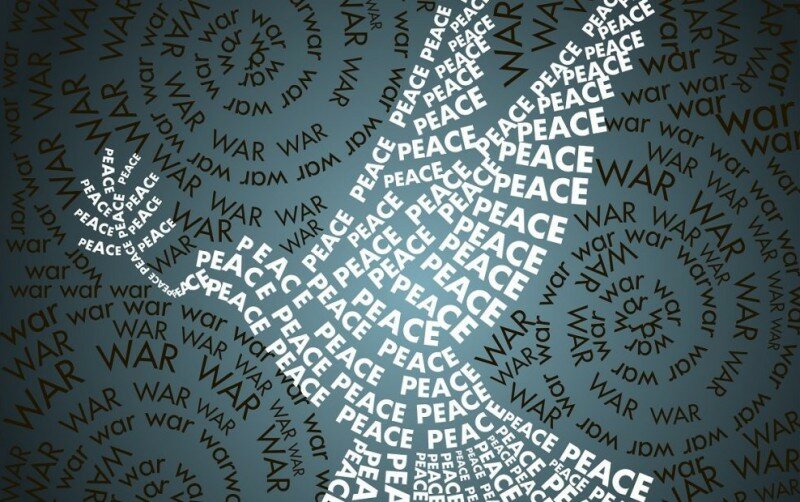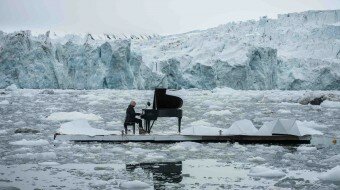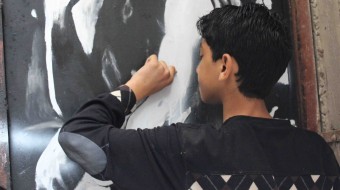According to recent studies, we are seeing a historic decline in peace over the last decade which has taken the world backwards in its aim for global stability. It is said there are now only 10 countries remaining without active involvements in any global conflict.
The think tank which has produced the Global Peace Index for the past 10 years, lists the countries of Botswana, Chile, Costa Rica, Japan, Mauritius, Panama, Qatar, Switzerland, Uruguay and Vietnam as the only ones left that are free from any level of civil conflict or wider inclusion in a war outside of its regions.
Worrying growth in global inequality in peace is measured, with the most peaceful countries said to be continuing to improve while the least peaceful seem to be falling into greater violence and conflict. It is said that amidst such deterioration worldwide, the global agenda of governments is to continue spending vast resources on creating and containing violence and very little on implementing structures to bring peace.
recognises that to reduce violence, there is a need to focus on building the structures that maintain Positive Peace. pic.twitter.com/jqw8R37Lia
— Global Peace Index (@GlobPeaceIndex)
The report acknowledges that many of the challenges facing humanity are fundamentally global in nature, such as climate change, decreasing biodiversity, continued economic instability and increasing migration but it also shows the impact Terrorism has had across the world as another significant contributor in making peaceful resolve as complex an issue as it has become.
Modern day political or social challenges are said to be very much interconnected, but often quite specific to each territory when it comes to finding resolutions that can work. What the report concludes is the need for more dialogue and focus on new ways of connecting relations between countries and the larger systems upon which humanity depends as opposed to relying on age-old strategies that may not work for the many modern day complexities at play.
The world is witnessing in real-time one of the worst humanitarian disasters across war zones such as Syria, Libya and Iraq and the number of refugees displaced as a result and traveling into Europe is at an all-time high and rising by the day. There are nine countries listed with more than 10 per cent of their population classified as refugees or displaced persons with Somalia and South Sudan having more than 20 per cent of their population displaced and Syria with over 60 per cent displaced, according to the Peace Index.
In Mexico there were a recorded 30,000 murders related to the internal drug wars this year as opposed to any military conflict. This is said to put the country in the same danger classifications as the likes of Iraq, Syria, Nigeria and Afghanistan. Philippines has also seen a similar sharp rise in drug-related violence and with some of the highest economic impacts faced as a result.
As conflict impacts the economy in the immediate term, the impact of conflict is also long term – reducing future development opportunities. pic.twitter.com/6OaRlO0j3E
— Global Peace Index (@GlobPeaceIndex)
On the positive side, peace improved across north, south and central America and the global commitment to UN peacekeeping funding is at an all time high. And countries such as the UK have had the largest drop in total crime of all wider European countries over the last decade.
Among all of the countries surveyed, Iceland in Europe is said to be the most peaceful countries in the world, followed by Austria and Denmark. Unsurprisingly, Syria is the least peaceful, followed by South Sudan, Iraq, Afghanistan and Somalia. Countries that showed greatest progress in terms of peace are said to be Panama, Thailand, Colombia and Sri Lanka.
But regardless of the findings from this latest index, what it does provide insight into is the fact that much more international action and positive dialogue is needed to improve the levels of peace in the world today and well into the future. Here’s hoping this becomes a little more progressive as we head into 2017, as opposed to taking us back to World War 1 and 2 levels of global inequality.
Article written for Sputnik International by





